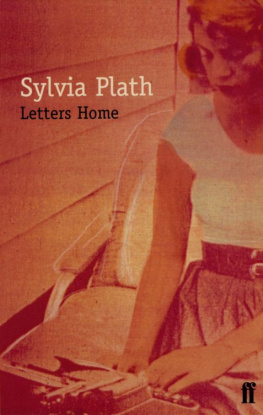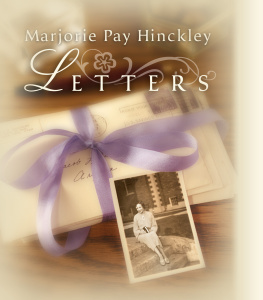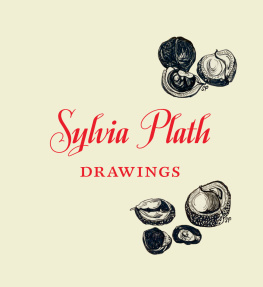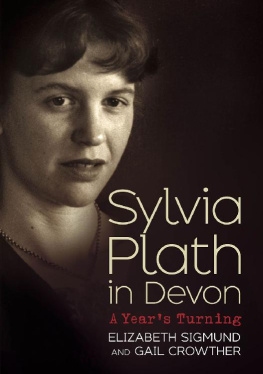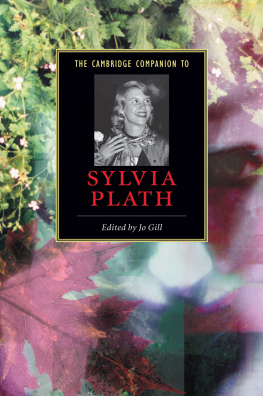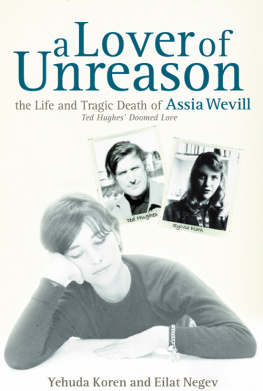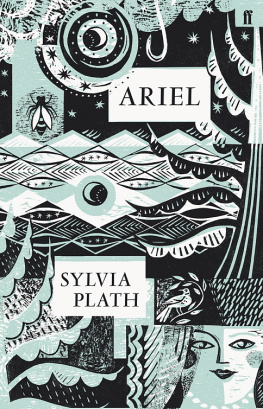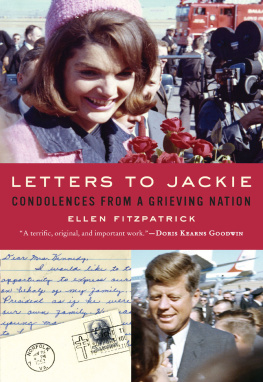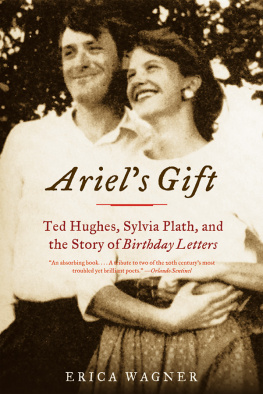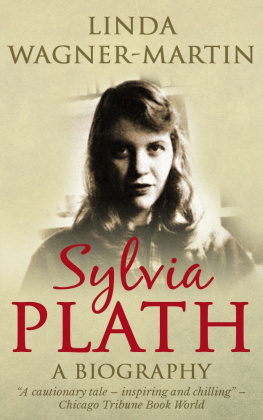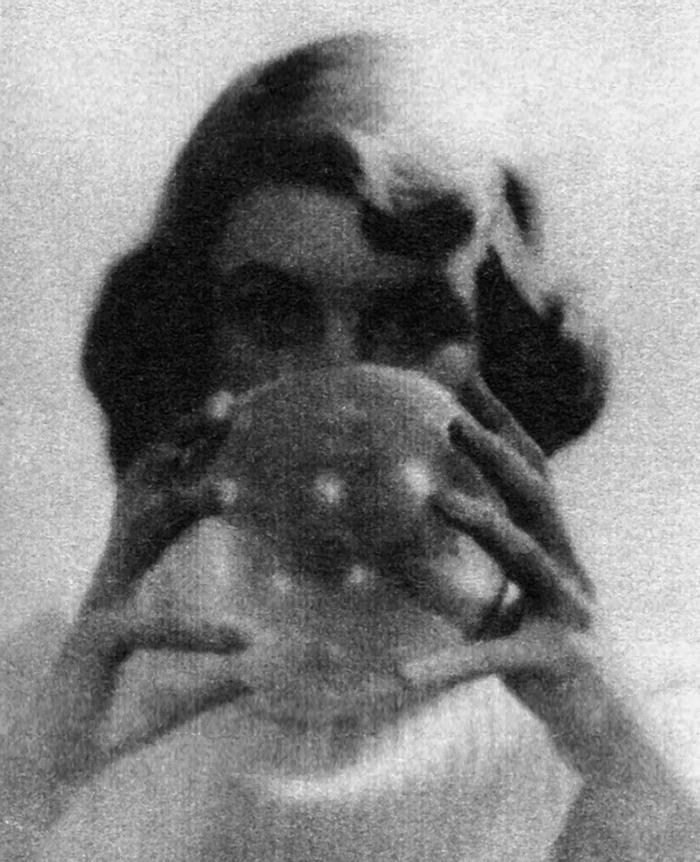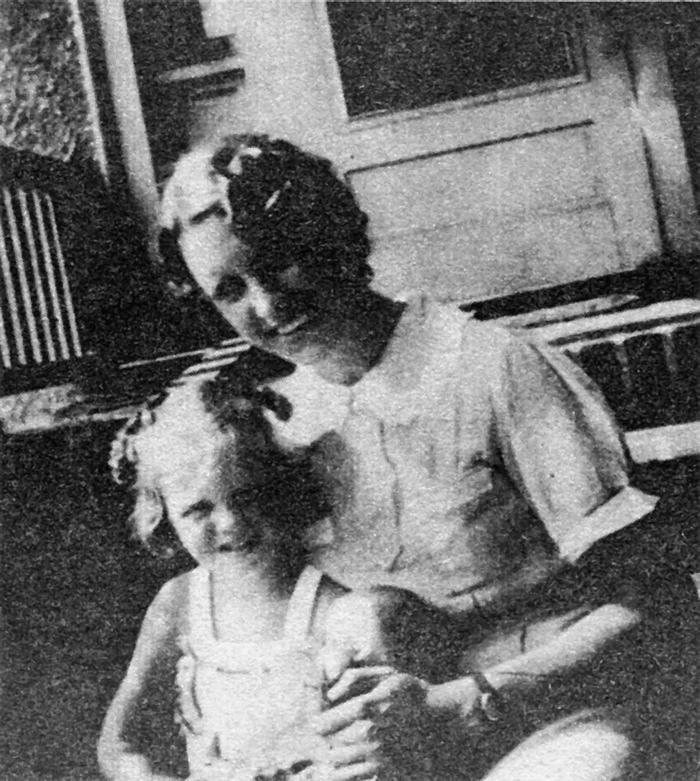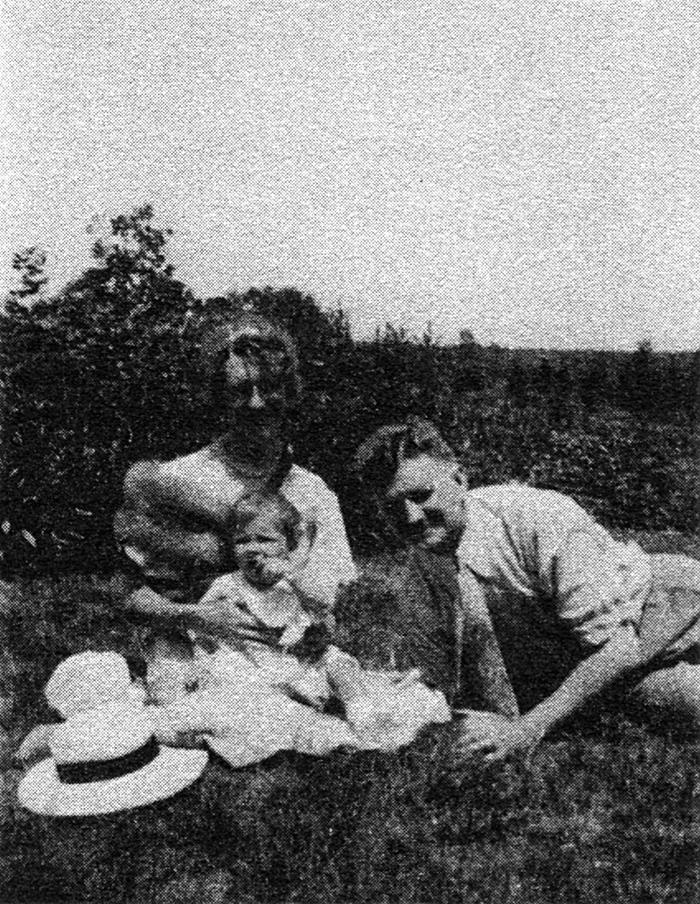Plath Aurelia Schober - Letters home: correspondence, 1950-1963
Here you can read online Plath Aurelia Schober - Letters home: correspondence, 1950-1963 full text of the book (entire story) in english for free. Download pdf and epub, get meaning, cover and reviews about this ebook. City: London, year: 2010;1978, publisher: Faber and Faber Ltd, genre: Non-fiction. Description of the work, (preface) as well as reviews are available. Best literature library LitArk.com created for fans of good reading and offers a wide selection of genres:
Romance novel
Science fiction
Adventure
Detective
Science
History
Home and family
Prose
Art
Politics
Computer
Non-fiction
Religion
Business
Children
Humor
Choose a favorite category and find really read worthwhile books. Enjoy immersion in the world of imagination, feel the emotions of the characters or learn something new for yourself, make an fascinating discovery.
- Book:Letters home: correspondence, 1950-1963
- Author:
- Publisher:Faber and Faber Ltd
- Genre:
- Year:2010;1978
- City:London
- Rating:4 / 5
- Favourites:Add to favourites
- Your mark:
Letters home: correspondence, 1950-1963: summary, description and annotation
We offer to read an annotation, description, summary or preface (depends on what the author of the book "Letters home: correspondence, 1950-1963" wrote himself). If you haven't found the necessary information about the book — write in the comments, we will try to find it.
Letters Home represents Sylvia Plaths correspondence from her time at Smith College in the early 1950s, through her meeting with, and subsequent marriage to, the poet Ted Hughes, up to her death in February 1963. The letters are addressed mainly to her mother, with whom she had an extremely close and confiding relationship, but there are also some to her brother Warren and her benefactress Mrs Prouty.
Plaths energy, enthusiasm and her passionate tackling of life burst onto these pages, providing us with a vivid and intimate portrait of a woman who has come to be regarded as one of the greatest of twentieth-century poets. In addition to her capacity for domestic and writerly happiness, however, these letters also hint at Plaths potential for deep despair, which reached its crisis when she holed up in a London flat for the terrible winter of 1963.
Plath Aurelia Schober: author's other books
Who wrote Letters home: correspondence, 1950-1963? Find out the surname, the name of the author of the book and a list of all author's works by series.

